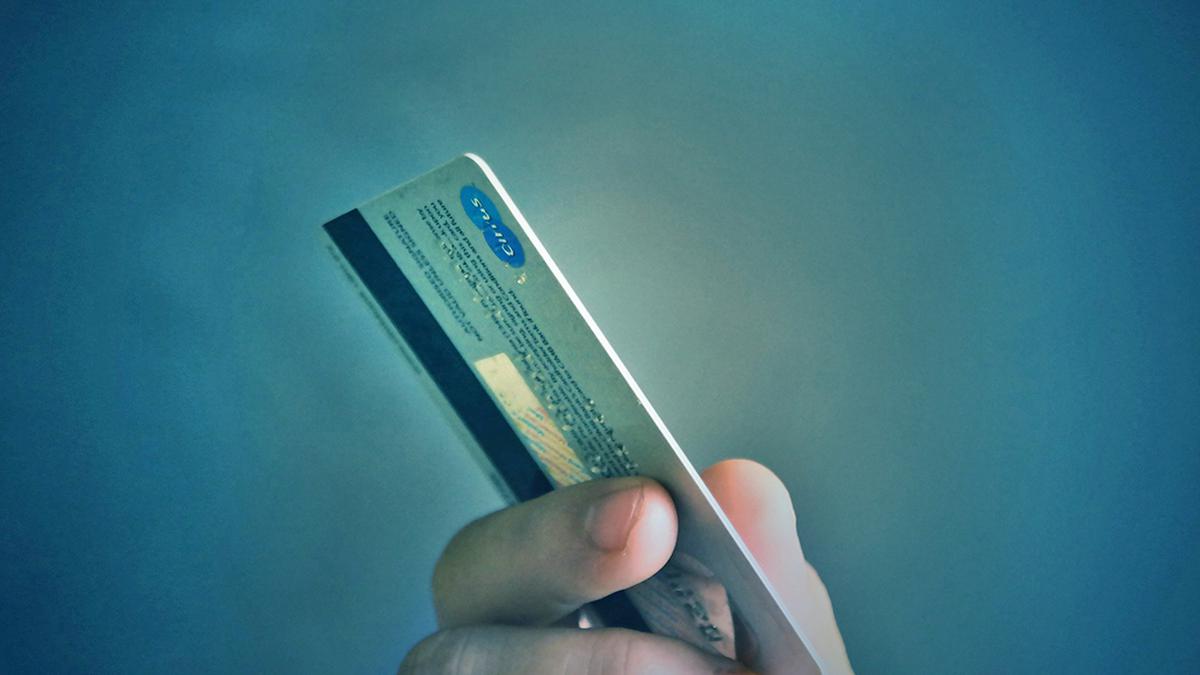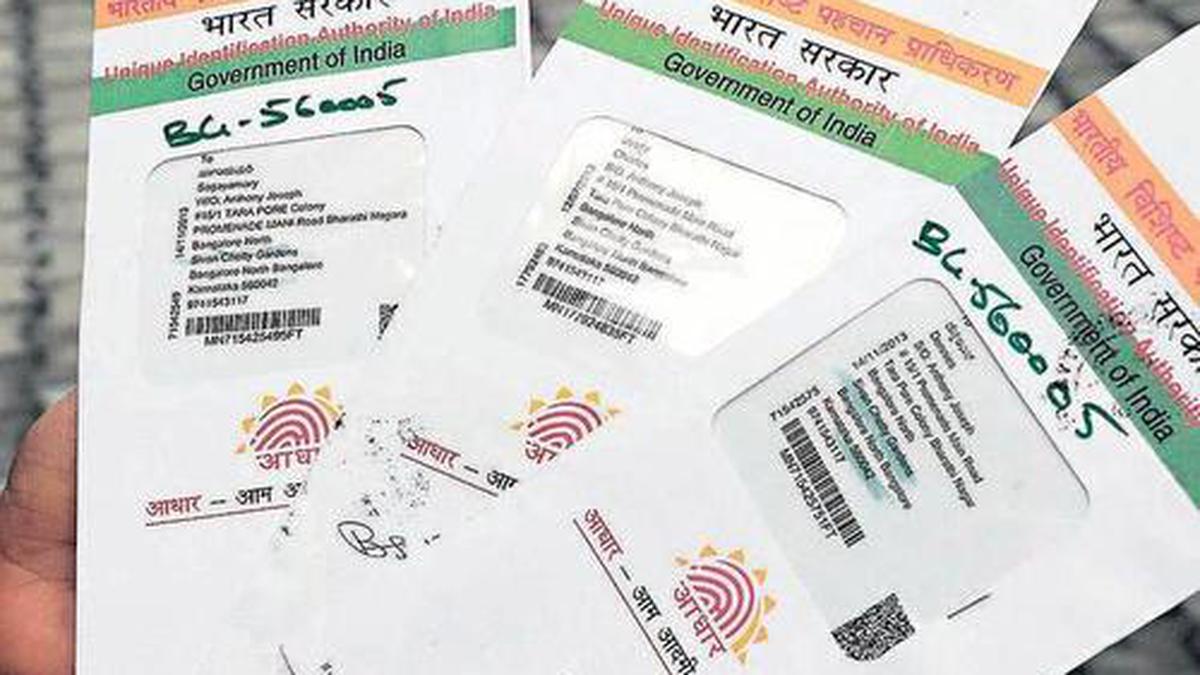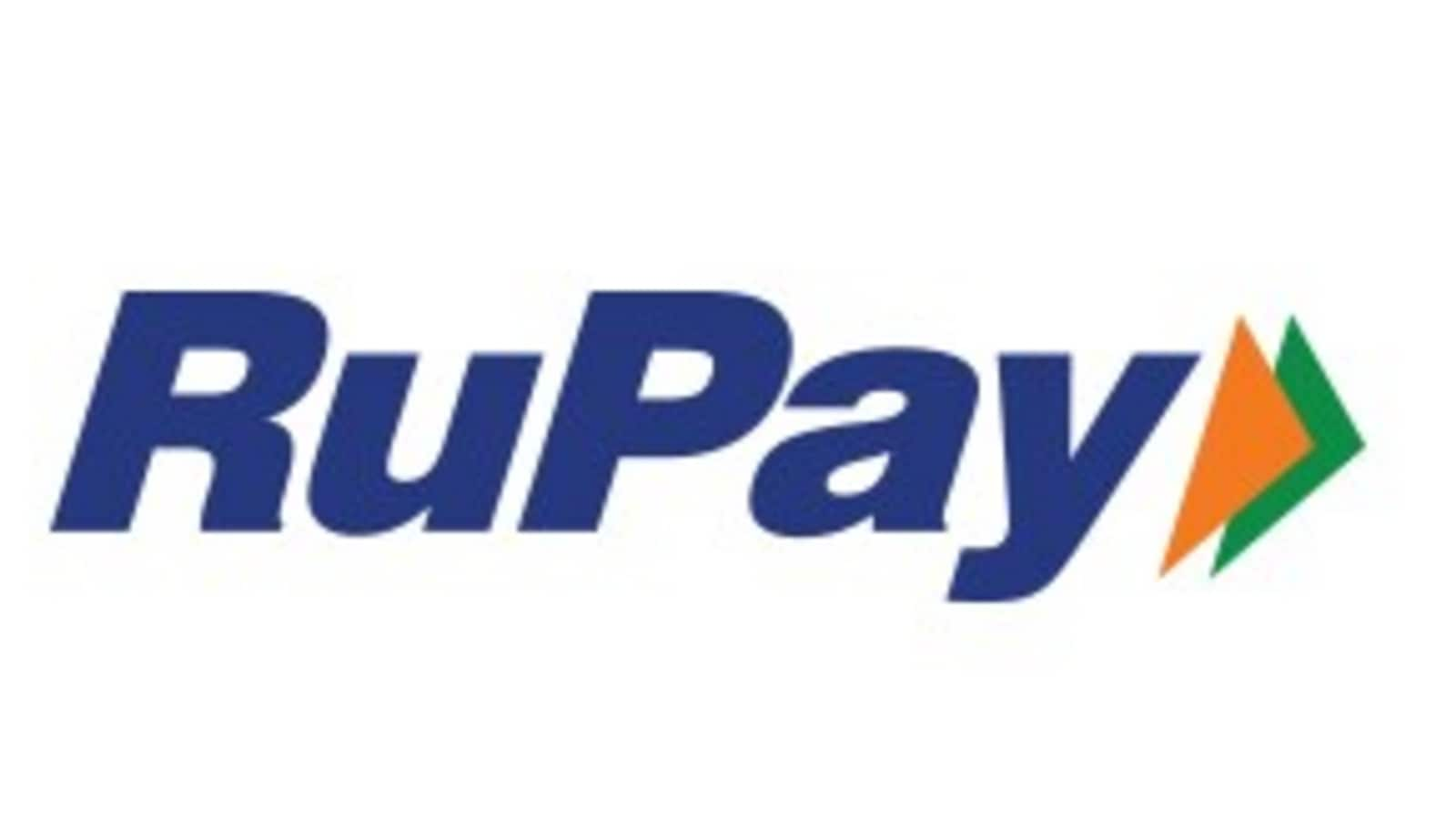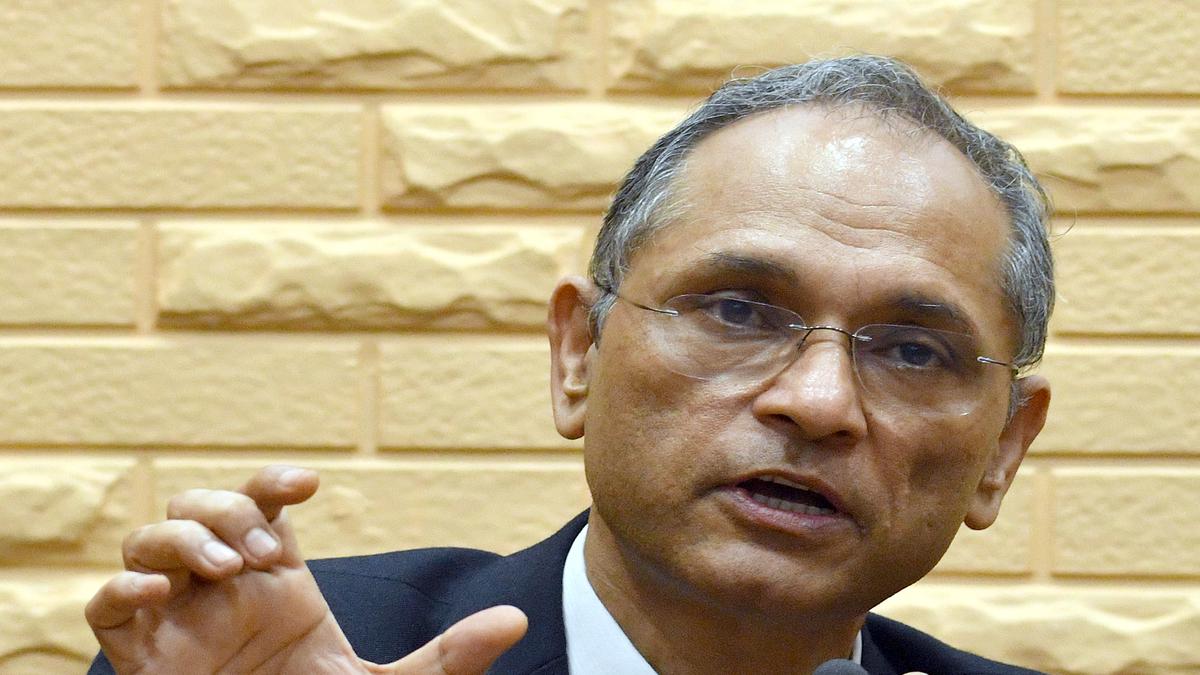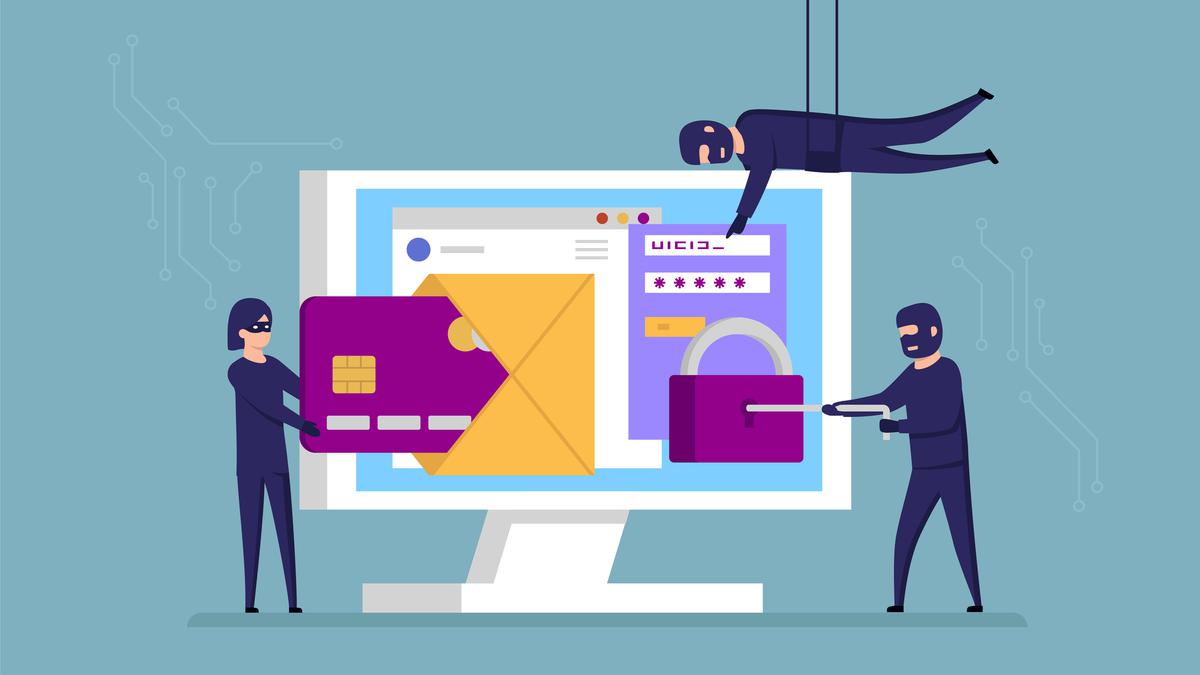
How does tokenisation prevent online card fraud?
The HinduOctober 18, 2022 10:30 am | Updated 10:30 am IST The story so far: The Reserve Bank of India has mandated the tokenisation of credit/debit cards for online merchants from October 1. Till then, card details for online purchases were stored on the servers of these merchants in order to help customers avoid keying in their details every time they shopped with that merchant. As per the RBI’s FAQ on tokenisation updated late last month, tokenisation “refers to the replacement of actual card details with an alternative code called the ‘token’, which shall be unique for a combination of card and the token requestor.” So, if you use a mobile app or a website for online purchases, the merchant can, on your behalf but only with your explicit consent, raise a request for a token with the card issuing bank or the card network such as MasterCard. Deep Agrawal, head of payments at PhonePe explains: “The token generated upon request for a specific merchant is unique to a specific card number and is usable only on that particular site or mobile app. For offline merchants, users would continue to swipe the cards on the POS machines as per previously existing guidelines.” Popular card network Visa further explains the concept of tokenisation through the example of a metro train ticket.
History of this topic

Mastercard wants to get rid of card numbers for online shopping
Live Mint
Mastercard Wants to Get Rid of Card Numbers for Online Shopping
Live Mint
RBI unveils new card-on-file tokenisation for debit and credit cards users. Details here
Live Mint
RuPay goes live on CVV-less payments for tokenized cards
Hindustan Times
How tokenization will change your online purchase
Live Mint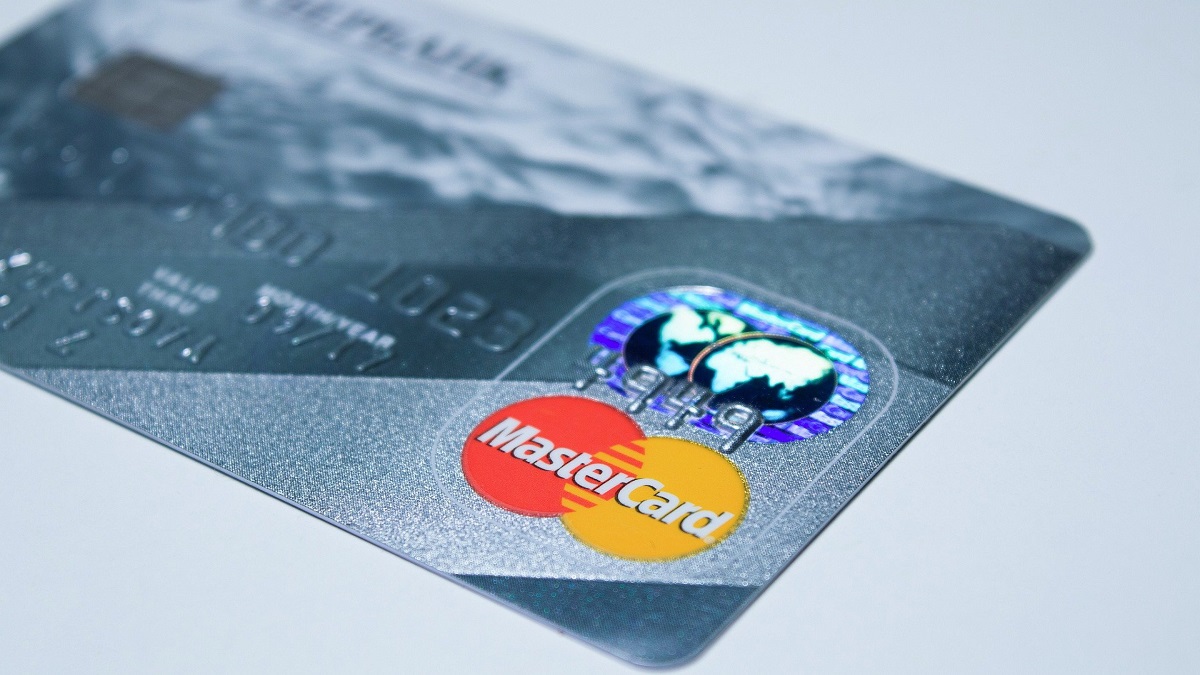
New rules for debit, credit cards kick in with tokenisation from today | FULL DETAILS
India TV News
SBI Cards ready in all networks for card tokenisation ahead of RBI’s deadline
Live Mint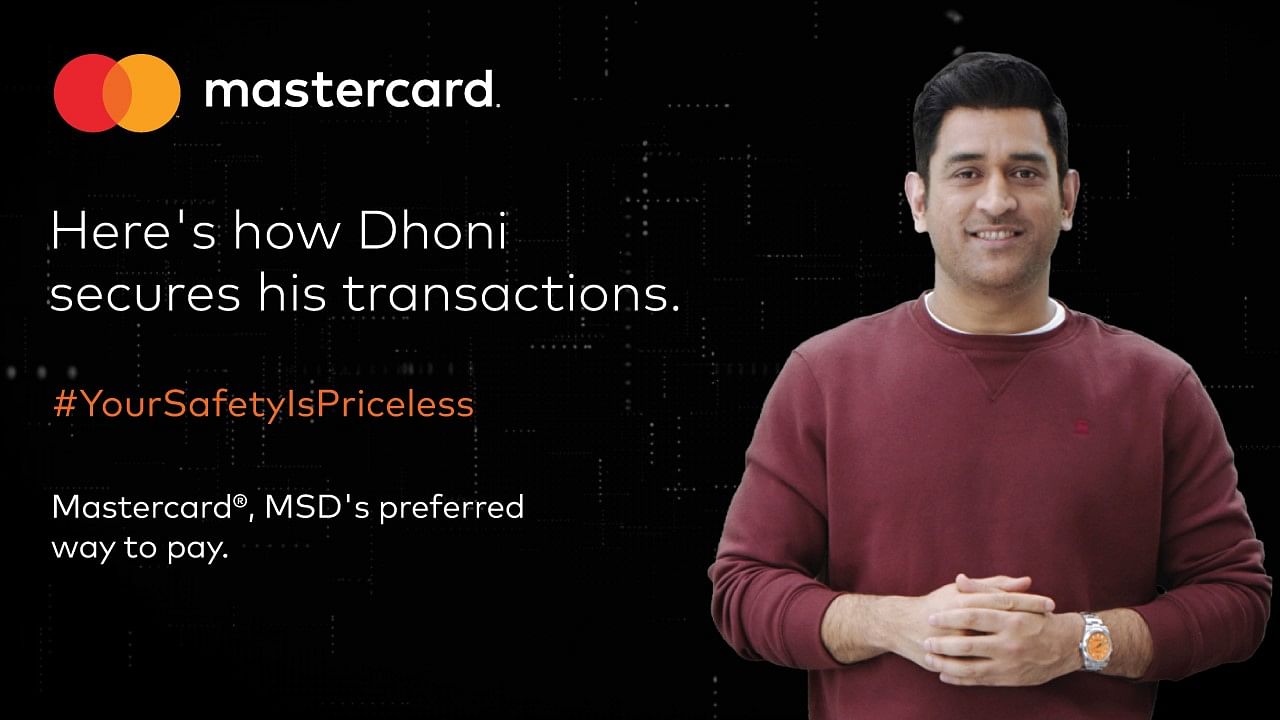
How Card Tokenization Makes Online Transactions Much Faster, Smoother and Safer
The Quint
RBI Extends Deadline for Complying with Card Tokenisation Norms by 3 Months: What It Means
News 18
Debit Card, Credit Card Online Payment Rule Changes from Next Month: Know Details
News 18
What is credit, debit card tokenisation?
India Today
Debit, Credit Card Rule Changes Next Month: Enter Card Number for Every Online Payment or Do This
News 18
Debit Card, Credit Card Online Payment Tokenisation Rule Ready to be Implemented, Says RBI
News 18Explained | What is tokenisation of debit and credit cards?
The Hindu
New Online Card Payment Rules Delayed To July 2022: Details
News 18RBI's push for card security to hit merchants, lenders
The Hindu
Merchants rush to meet RBI’s card payment rules
Live Mint
Visa launches India’s first card-on-file tokenization service
Live MintDiscover Related







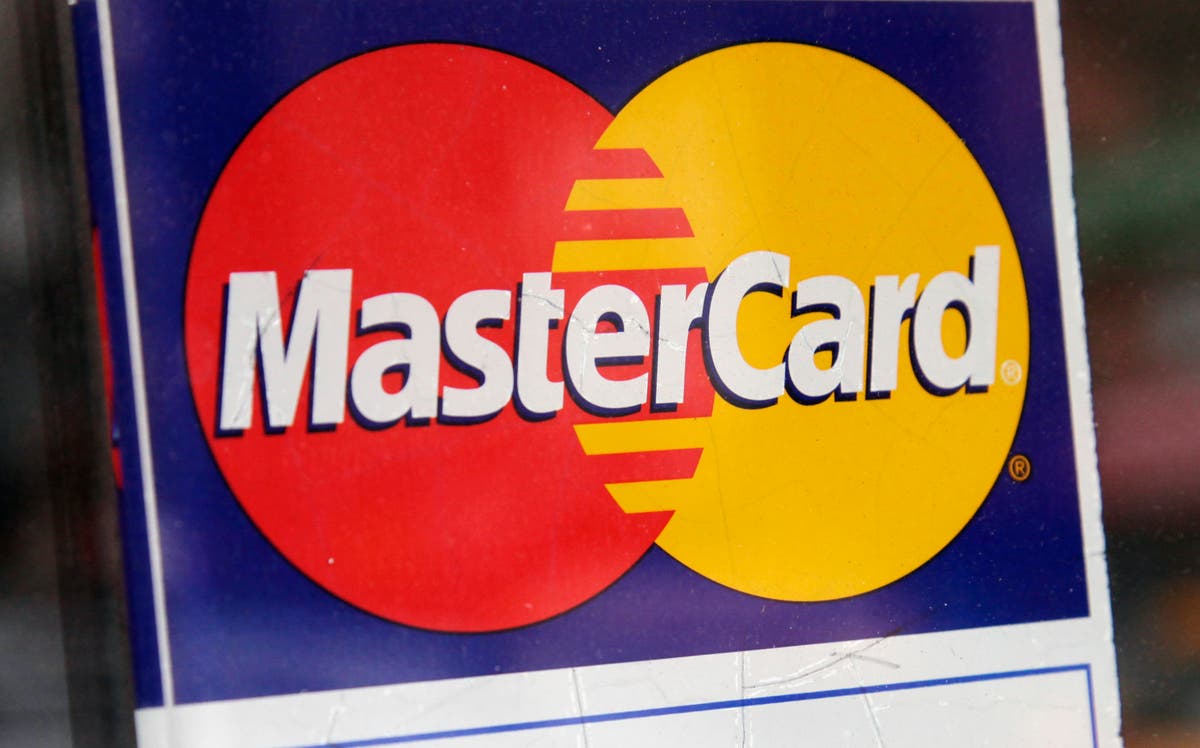

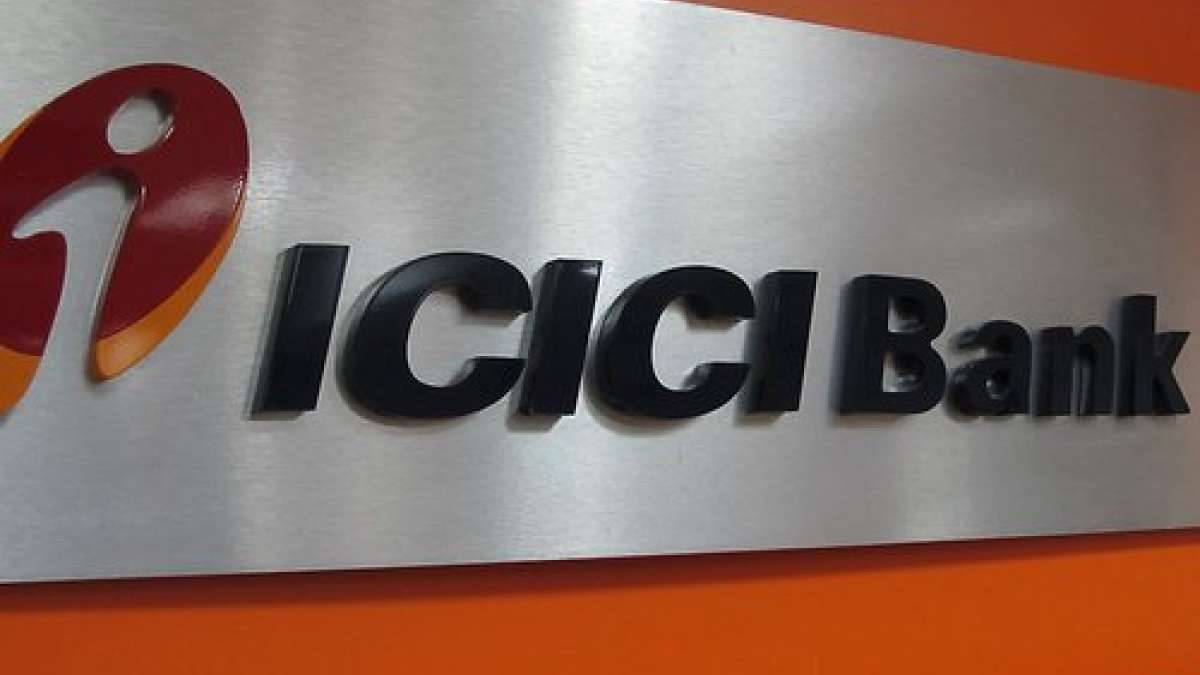

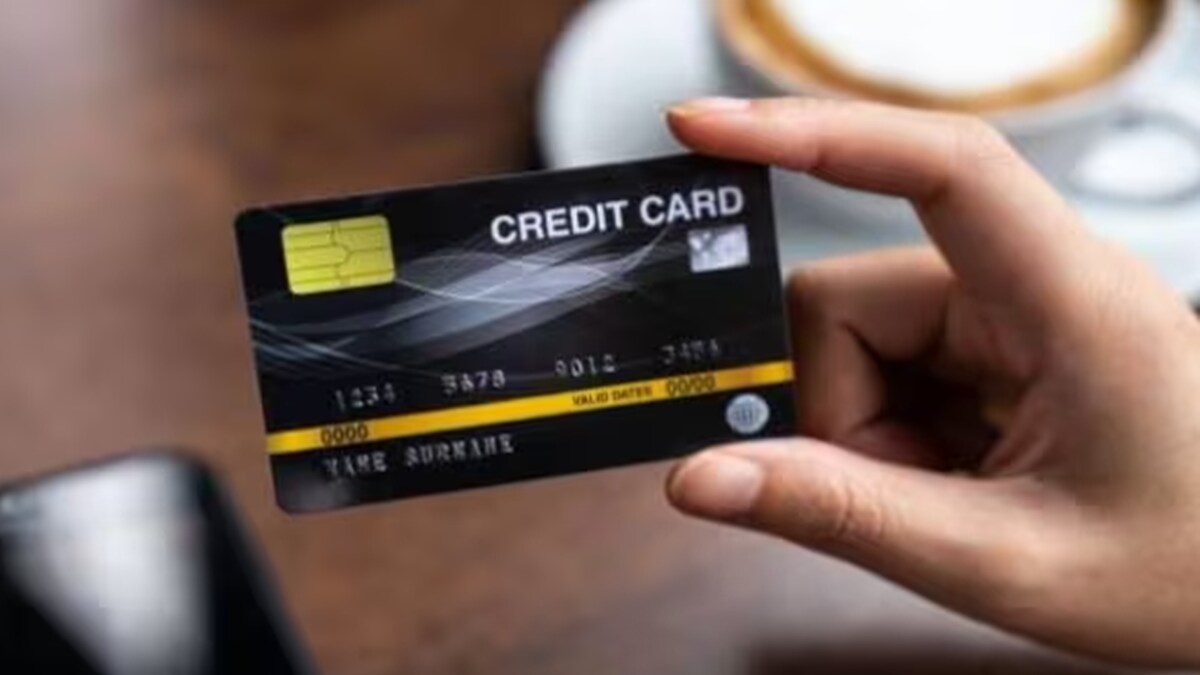





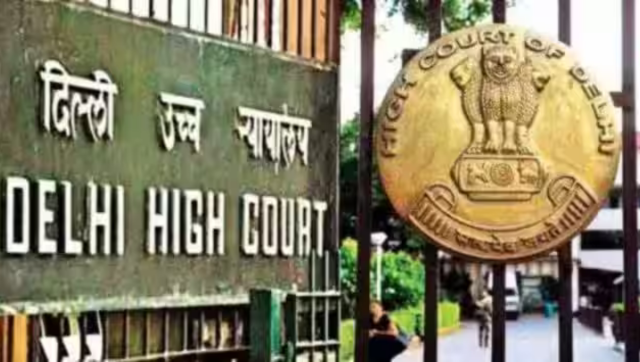)

